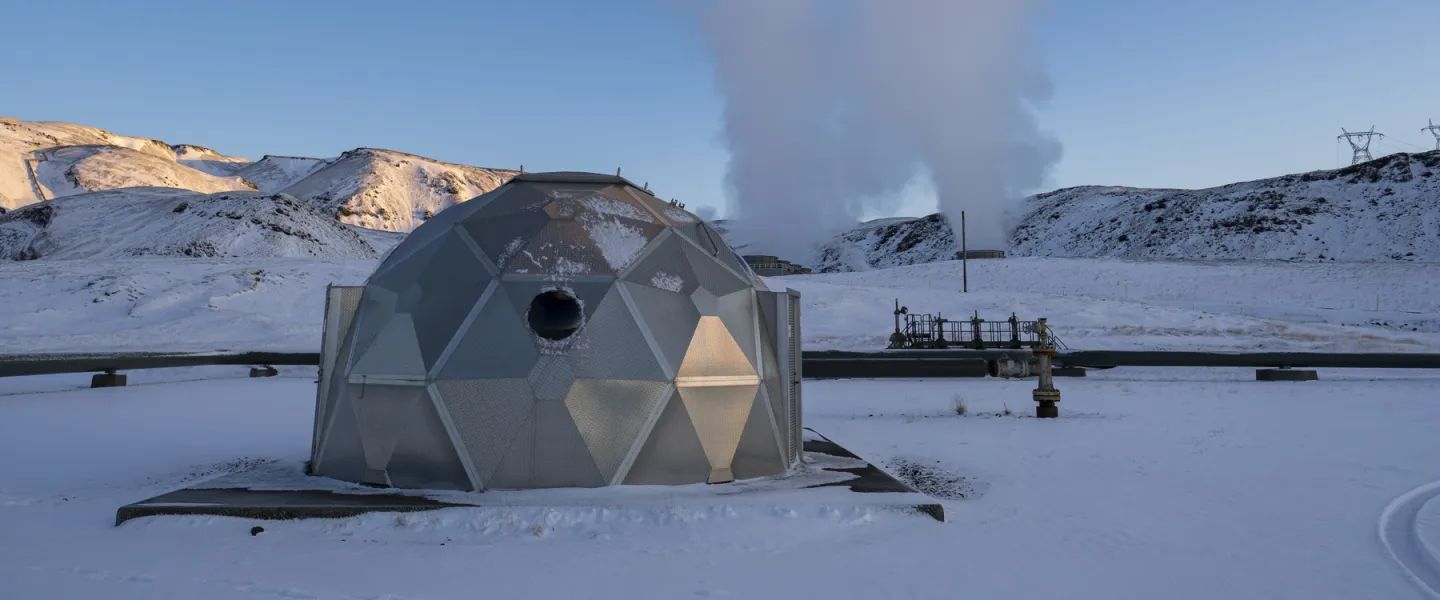
The Carbfix project was last week presented with the 2020 Ruggero Bertani European Geothermal Innovation Award from the EGEC (European Geothermal Energy Council). Scientists at the University of Iceland and Reykjavík Energy have been working on the project for over a decade, in collaboration with international partners. This award is given for outstanding innovation or research in the field of geothermal energy.
The Carbfix project was launched in 2007 with the aim of developing an industrial process to capture carbon dioxide from power plant emissions directly from the atmosphere and trap it in stone. Another goal was to train young scientists in order to ensure that the latest knowledge was quickly transferred to the next generation. The project has been awarded many large international research grants in recent years.
The founding partners on the project were Reykjavík Energy, the University of Iceland, Columbia University in New York and the French National Centre for Scientific Research (CNRS) in Toulouse. Since then, a number of Icelandic and foreign institutes and companies have been involved in the project, with the current group comprising Reykjavík Energy, the University of Iceland, CNRS, Climeworks (an innovation company in Zurich), and Amphos21 (a consulting company in Barcelona).
Today, carbon dioxide and hydrogen sulphide are captured from the emissions of the Hellisheiði Power Plant directly from the atmosphere. The gases are then released into water piped down into a borehole where, in time, they turn to stone deep underground.



